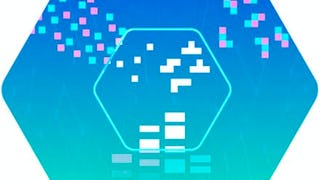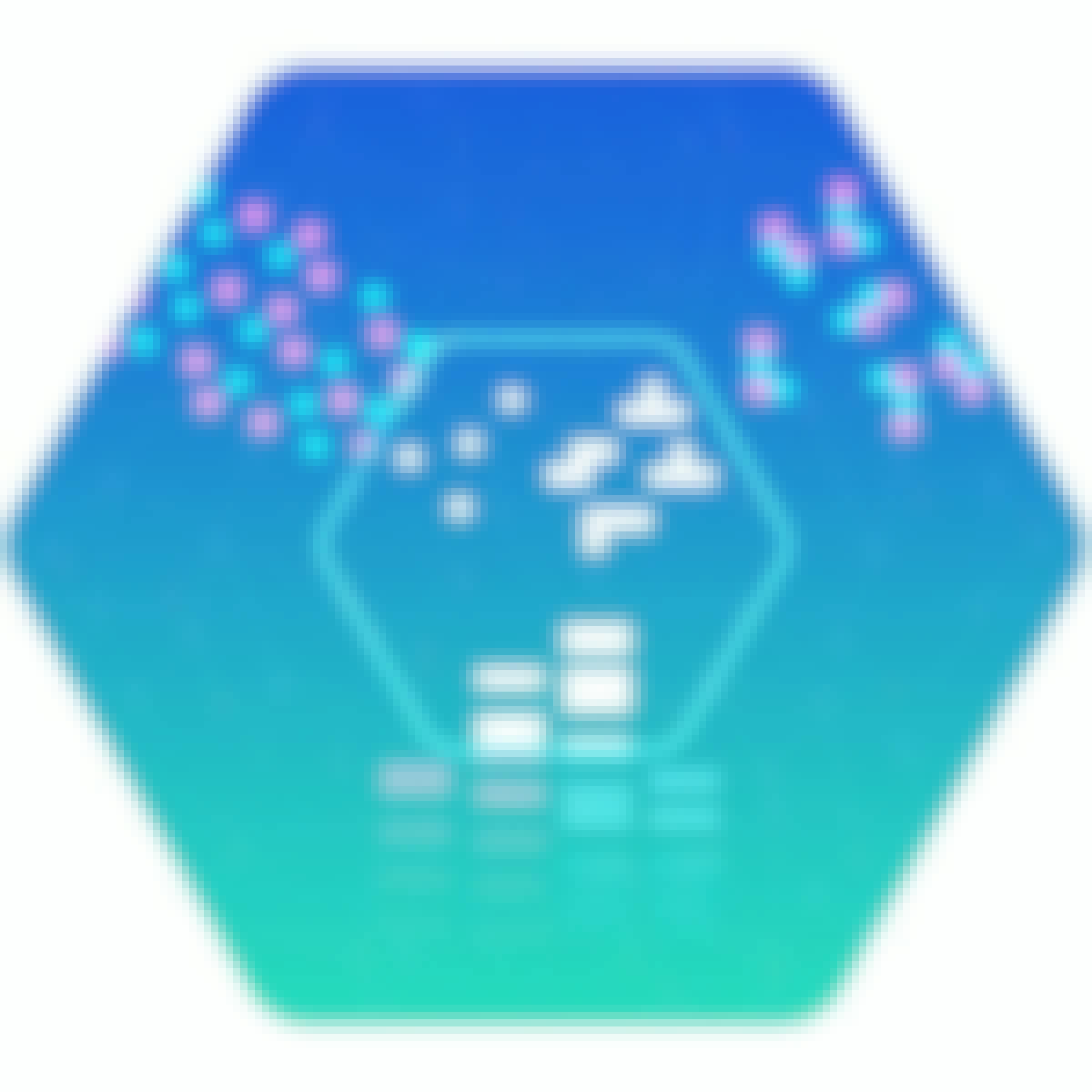- Browse
- Multithreading
Multithreading Courses
Multithreading courses can help you learn concurrency principles, thread management, synchronization techniques, and performance optimization. You can build skills in debugging multithreaded applications, implementing thread-safe data structures, and utilizing parallel processing to enhance application performance.
Popular Multithreading Courses and Certifications
 Status: Free TrialFree Trial2
Status: Free TrialFree Trial228DIGITAL
Skills you'll gain: Real-Time Operating Systems, Embedded Software, Embedded Systems, Internet Of Things, Operating Systems, System Programming, Application Development, Computer Systems, Wireless Networks, Hardware Architecture, Network Protocols, Simulations
4.1·Rating, 4.1 out of 5 stars628 reviewsIntermediate · Course · 1 - 4 Weeks
 Status: NewNewStatus: FreeFreeA
Status: NewNewStatus: FreeFreeAAmazon Web Services
Skills you'll gain: Amazon Bedrock, Prompt Engineering, LLM Application, Application Development, Artificial Intelligence, AI Orchestration, AI Enablement, AI Workflows, Network Routing
Beginner · Course · 1 - 4 Weeks

Skills you'll gain: Redis, Performance Tuning, Scalability, Google Cloud Platform, Servers, Data Architecture, Network Architecture, Data Analysis
Beginner · Project · Less Than 2 Hours
 Status: Free TrialFree TrialS
Status: Free TrialFree TrialSScrimba
Skills you'll gain: Javascript, Frontend Performance, Web Development Tools, Application Programming Interface (API)
4.9·Rating, 4.9 out of 5 stars11 reviewsIntermediate · Course · 1 - 4 Weeks
 Status: Free TrialFree Trial
Status: Free TrialFree TrialSkills you'll gain: Dataflow, Data Pipelines, Debugging, Google Cloud Platform, System Monitoring, Data Integrity, CI/CD, Data Processing, Unit Testing, Performance Tuning, Disaster Recovery
Advanced · Course · 1 - 3 Months
 Status: Free TrialFree TrialU
Status: Free TrialFree TrialUUniversity of Colorado Boulder
Skills you'll gain: Real-Time Operating Systems, Embedded Software, Embedded Systems, Software Systems, Systems Architecture, Systems Design, Hardware Architecture, Software Architecture, System Programming, Real Time Data, System Requirements, Linux
4.3·Rating, 4.3 out of 5 stars18 reviewsIntermediate · Course · 1 - 4 Weeks

Skills you'll gain: Dataflow, Data Pipelines, Data Processing, Debugging, Performance Tuning, Serverless Computing, CI/CD, Unit Testing, Google Cloud Platform, Disaster Recovery, Integration Testing
Advanced · Course · 1 - 3 Months
 Status: Free TrialFree TrialV
Status: Free TrialFree TrialVVanderbilt University
Skills you'll gain: Microservices, Application Deployment, Software Architecture, Scalability, Service Oriented Architecture, Distributed Computing, Load Balancing, Java, Program Development, Software Design, Maintainability, Dependency Analysis
4.2·Rating, 4.2 out of 5 stars37 reviewsIntermediate · Course · 1 - 4 Weeks
In summary, here are 8 of our most popular multithreading courses
- Embedded Hardware and Operating Systems: 28DIGITAL
- Advanced Prompt Caching and Response Optimization: Amazon Web Services
- Using Memorystore for Redis Read Replicas to Improve Read Performance: Google Cloud
- Async JavaScript: Scrimba
- Serverless Data Processing with Dataflow: Operations en Español: Google Cloud
- Real-Time Mission-Critical Systems Design: University of Colorado Boulder
- Serverless Data Processing with Dataflow: Operations - 日本語版 : Google Cloud
- Microservice Architectures: Vanderbilt University










